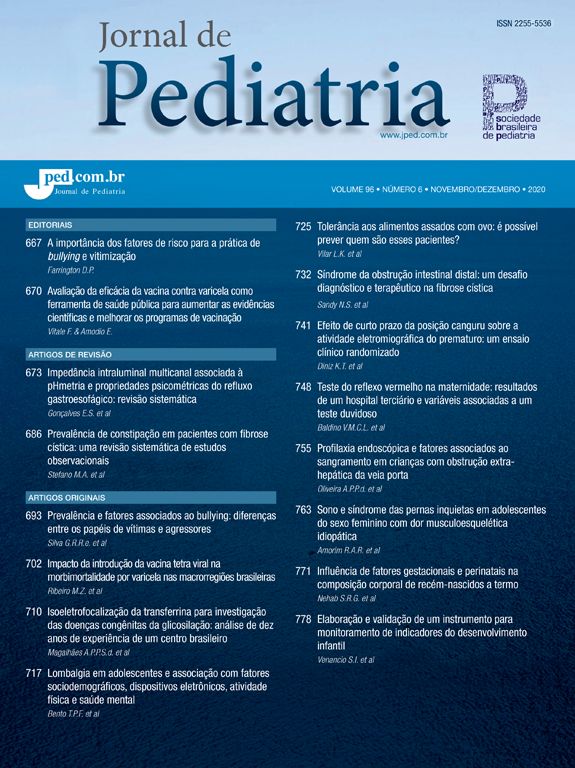The author ponders on the role of the pediatrician facing the death issue and its philosophical and existential implications. The author also ponders on the death issue in today's culture, as well as the transformation undergone by exequies, and modern man's death in the loneliness of emergency rooms, where he dies technologically well assisted but in a lonely, impersonal environment far away from his loved ones, and deprived of the sheltering warmth of his home. The author considers the difficult task of revealing a diagnosis and prognosis of a terminal illness to the patient's family and to the patient himself. He studies the several stages of such a revelation and offers an extensive bibliography of the literature concerning the issue. He judges the terminal patient's family's different reactions to the revelation, from the search for impossible miracles through wonderworkers and charlatans to the confrontation of natural products and magical fluids with scientific knowledge. He considers the role of the pediatricians in finding a solution to the dialectics of his own death, for only by doing so will the pediatrician be able to competently and maturely handle the challenge represented by the death of his terminal patients. He finishes by drawing attention to the importance of psychological assistance to the terminal child and its family.
O fator de impacto mede o número médio de citações recebidas em um ano por trabalhos publicados na revista durante os dois anos anteriores.
© Clarivate Analytics, Journal Citation Reports 2025
O CiteScore mede as citações médias recebidas por documento publicado. Mais informação
Ver maisSJR é uma métrica de prestígio baseada na idéia de que todas as citações não são iguais. SJR utiliza um algoritmo similar ao page rank do Google; é uma medida quantitativa e qualitativa ao impacto de uma publicação.
Ver maisSNIP permite comparar o impacto de revistas de diferentes campos temáticos, corrigindo as diferenças na probabilidade de ser citado que existe entre revistas de distintas matérias.
Ver mais







